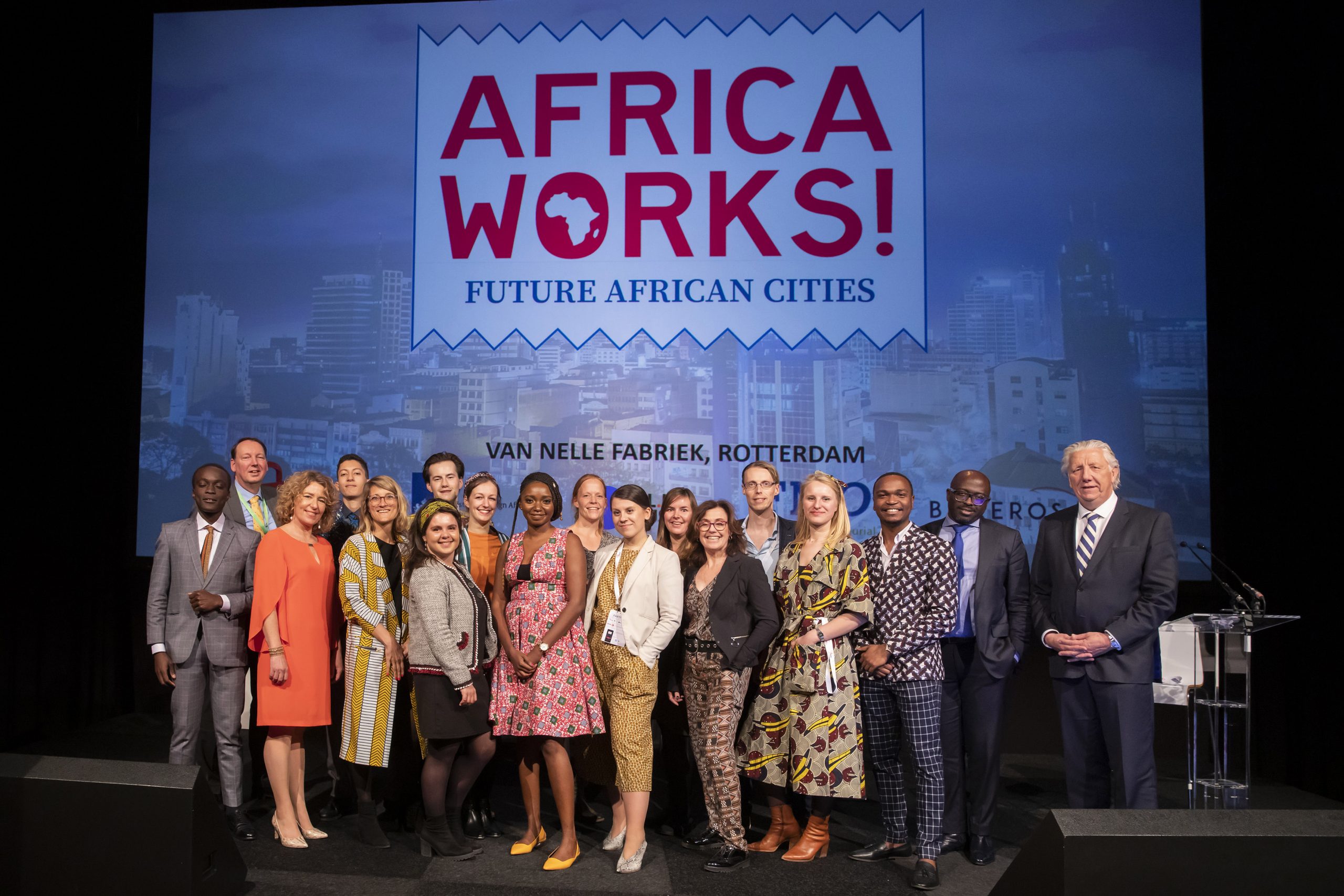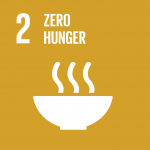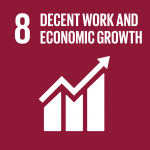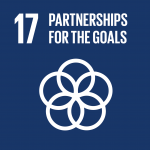About us
In over 75 years of existence, the Netherlands-African Business Council has carried out myriad trade missions and business-to-business events. We have always had confidence in African business.
The Netherlands-African Business Council (NABC) is the leading organisation for sustainable trade and investment facilitation for Africa in the Netherlands. At NABC we believe that the Dutch private sector has a prominent role to play in the sustainable development of the African continent. Therefore, NABC’s purpose is to inspire and connect businesses with Africa’s opportunities and to enable businesses in making confident decisions about when, where, and how to do business in Africa. The NABC today leads a network of nearly 200 engaged and diverse members and has access to a community of over 10,000 African and European businesses, institutes, government entities and others interested in doing business in Africa.
Our young and dynamic team connects Dutch companies with the tremendous economic opportunities Africa has to offer. With our extensive experience, knowledge and our elaborate network, we are in a unique position to support Dutch companies in creating and developing business on the African continent. The NABC is at the forefront of creating mutually beneficial relationships between the Netherlands and Africa that over time we believe will lead to sustainable economic development. We believe diversity is a key factor to success.

In order to achieve lasting business relations between the Netherlands and Africa, we organise trade missions and events. We have organised over 70 trade missions to Africa and over 60 missions to the Netherlands. Insights and advice on how to do business in Africa can be obtained from our Africa Insights Desk.
NABC has been instrumental in developing the ‘Africa Strategy’ of the Dutch private sector in 2019. Setting up consortia of companies around a certain sector in a specific country has proven a successful method in which Dutch companies can jointly enter a market in Africa. We expect such longer-term programs to become even more important in the coming years. Moreover, the NABC considers corporate social responsibility important and endorses the OECD guidelines for Multinational Enterprises. This sets out the CSR standards for internationally active entrepreneurs.
History of NABC
In 1946 Karel Paul van der Mandele, a Dutch banker and Chairman of the Rotterdam Chamber of Commerce, established the Africa Institute in collaboration with his business and academic partners. Considering the changing political and economic landscape of the post-colonial era, Karel Paul anticipated a paradigm shift in doing business with the African continent. As such, the objective of the Africa Institute was to establish new economic relations with these newly independent African nations. As the Institute matured, research became an integral component of its agenda for forging business relationships with Africa. In recognising the significance of research, this function of the Institute was moved to Leiden University, where it remains active in the form of African Studies Centre Leiden.

The business component of the Africa Institute continued its work in trade and investment promotion. Eventually becoming a key stakeholder and partner for Dutch companies in Africa. The Institute was later rebranded as the Netherlands-African Business Council (NABC).
Vision and Mission
The NABC Vision
In the decade 2020-2030 Africa will develop into an economically thriving continent that is globally competitive and attractive for trade and investment.
The NABC Mission
NABC aims to ensure that the Dutch and African private sector benefit from this development and play a crucial role in driving Africa’s growth in a sustainable and inclusive manner.
THE NABC SUPPORTS THE IMPLEMENTATION OF THE FOLLOWING SDG'S:




Become a member
Would you like to become part of the NABC network and receive discounted access to our trade missions and events?
Join a community of companies that have confidence in African business in common.



